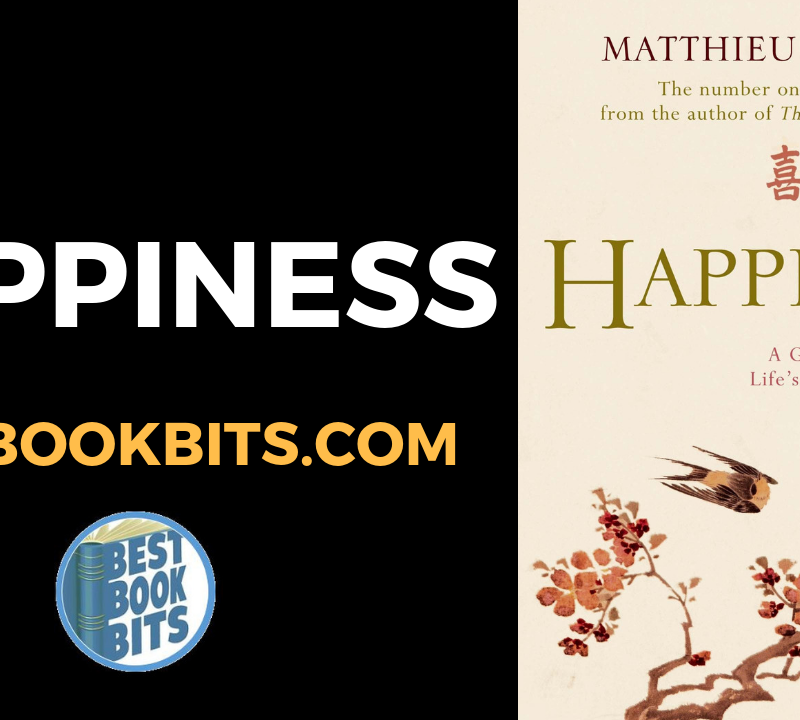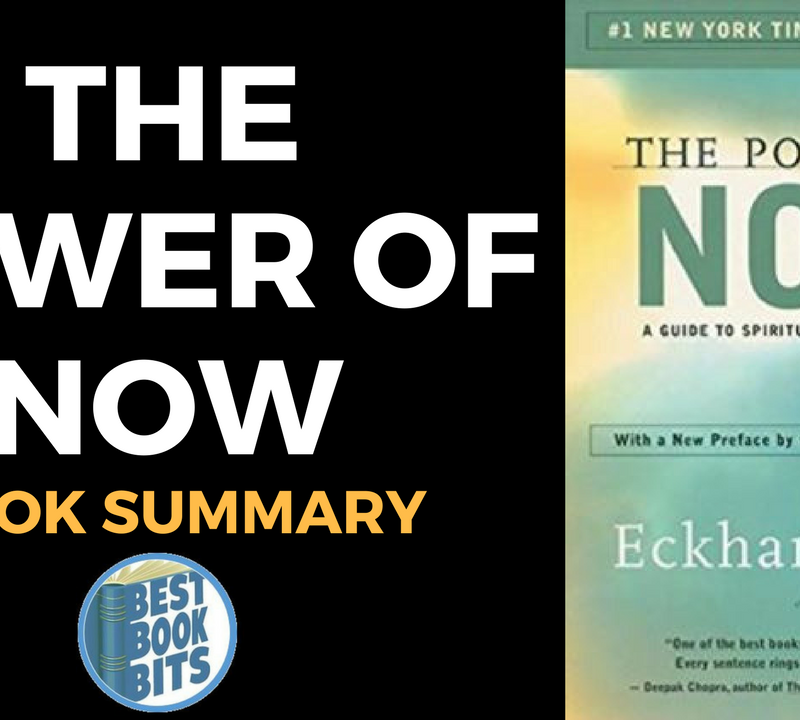★DOWNLOAD THIS FREE PDF SUMMARY HERE https://go.bestbookbits.com/freepdf
? MY FREE BOOK TO LIVING YOUR DREAM LIFE” https://go.bestbookbits.com/first-seven-steps
? SPONSOR BESTBOOKBITS BY USING PATREON https://www.patreon.com/bestbookbits
? SUPPORT BESTBOOKBITS BY CLICKING THE LINKS BELOW
150 PDF Summaries: https://go.bestbookbits.com/150
Coaching Program: https://go.bestbookbits.com/coaching
Subscribe to My Channel: https://www.youtube.com/bestbookbits?sub_confirmation=1
Website: https://bestbookbits.com
Instagram: https://www.instagram.com/bestbookbits
Spotify: https://open.spotify.com/show/0q8OW3dNrLISzyRSEovTBy
Facebook: https://www.facebook.com/michaelbestbookbits
Book Club: https://bestbookbits.com/bookclub/
Mailing List: https://mailchi.mp/d1dfc1907cdb/bestbookbits
There is no wrong way to a meditation — the right way is what feels right to you.
…if I know one thing for sure, it’s that you can do small things inside your mind that will lead to big changes in your brain and your experience of living.
What flows through your mind sculpts your brain. Thus, you can use your mind to change your brain for the better — which will benefit your whole being, and every other person whose life you touch.
I’ve already experienced the positive change that happens after meditative practice. A lot of times change happens without me noticing it consciously.
If you want to get good at anything, it helps to study those who have already mastered that skill, such as top chefs on TV if you like to cook. Therefore, if you’d like to feel more happiness, inner strength, clarity, and peace, it makes sense to learn from contemplative practitioners — dedicated lay people and monastics — who’ve really pursued the cultivation of these qualities.
Our brain has two major neuronal systems which keep us chasing carrots. The first one is dopamine based which has the effect of us wanting to repeat things that gave us rewards in the past. The second system is based on several other neuromodulators like endorphins, oxytocin and norepinephrine. These strengthen the neural circuits that are active, making them more likely to fire together in the future. Having desires can feel great but desiring in itself can be an unpleasant experience as the book states. Even mild longing is subtly uncomfortable.
When you do fulfill a desire, the rewards that follow are often not that great. They’re ok, but look closely at your experience: Is the cookie really that tasty — especially after the third bite?
One reason meditation makes us happier is because it helps us overcome these stronger longings that prevent us from being happy.
The brain typically detects negative information faster than positive information.
It’s easy to acquire feelings of learned helplessness from a few failures, but hard to undo those feelings, even with many successes. People will do more to avoid a loss than to acquire a comparable gain.
The Simulator in our brains
Simulation makes us suffer. What? Yes, it turns out our brain developed over three million years the capability to simulate the future, that’s why we don’t have to get hit by a car first to know that we should watch out before crossing the street. That ability of our brain is great, but it also pulls us out of the present moment by its very nature. There you are trying to concentrate at your work or to meditate, but your mind keeps caught in these mini mind-movies.
In sum, the simulator takes you out of the present moment and sets you chasing after carrots that aren’t really so great while ignoring more important rewards (such as contentment and inner peace.)
Self-Compassion
Self-compassion isn’t self-pity, but is simply warmth, concern, and good wishes — just like compassion for another person. Because self-compassion is more emotional than self-esteem, it’s actually more powerful for reducing the impact of difficult conditions, preserving self-worth, and building resilience (Leary et al. 2007). It also opens your heart, since when you’re closed to your own suffering, it’s hard to be receptive to suffering in others.
The darts we throw ourselves
This concept was very interesting to me, I figured it to be so true in my own experience. Let me explain what first and second darts are. First darts are painfull experiences we have. Some are very useful, like the pain we feel when touching a hot stove. That pain protects us from a bad burn. But second darts are entirely of our choosing, it is how we react to our experiences.
They are ironically the ones that make us suffer most, not our initial experiences.
In relationships, second darts create vicious cycles: your second-dart reactions trigger reactions from the other person, which set off more darts from you, and so on.
Remarkably, most of our second-dart reactions occur when there is in fact no first dart anywhere to be found — when there’s no pain inherent in the conditions we’re reacting to. We add suffering to them.
And saddest of all, some second-dart reactions are to conditions that are actually positive. Like if someone pays you a compliment, that’s a positive situation. But then you might start thinking, with some nervousness and even a little shame: Oh, I’m not really that good a person. Maybe they’ll find out I’m a fraud. Right there, needless second-dart suffering begins.
The balanced brain
One of the things I most liked about this book is how it explains in very scientific terms the way our brain works. For instance, the amygdala is the part of the brain that produces a lot of suffering if not balanced by other parts of the brain like the prefrontal cortex (PFC) or the Anterior Cingulate Cortex Hub (AAC)
Strengthening the AAC — such as through meditation — helps you think more clearly when you’re upset, and brings warmth and emotional intelligence to your logical reasoning.
Understanding equanimity, something you gain with meditation
With equanimity, what passes through your mind is held with spaciousness so you stay even-keeled and aren’t thrown off balance. The ancient circuitry of the brain is continually driving you to react one way or another — equanimity is your circuit breaker… With equanimity, situations have only characteristics, not demands…
Equanimity is neither apathy nor indifference: you are warmly engaged with the world but not troubled by it.
Wow, I’m still amazed about this concept, it is something I want to obtain more of. I’ve had several experiences where I react very different now than I did before starting to meditate, I guess that’s some equanimity in action.
Mindfulness
Awareness are neural patterns in your brain that are highly variable, but the representational capacities themselves — the basis of the subjective experience of awareness — are generally very stable. Consequently, resting in awareness brings a beautiful sense of inner clarity and peace.
Through mindfulness practice you can strengthen your mentalability of staying in awake and alert, but quiet and peaceful mind. In essence,mindfulness is well-controlled attention.
★DOWNLOAD THIS FREE PDF SUMMARY HERE https://go.bestbookbits.com/freepdf
? MY FREE BOOK TO LIVING YOUR DREAM LIFE” https://go.bestbookbits.com/first-seven-steps
? SPONSOR BESTBOOKBITS BY USING PATREON https://www.patreon.com/bestbookbits
? SUPPORT BESTBOOKBITS BY CLICKING THE LINKS BELOW
150 PDF Summaries: https://go.bestbookbits.com/150
Coaching Program: https://go.bestbookbits.com/coaching
Subscribe to My Channel: https://www.youtube.com/bestbookbits?sub_confirmation=1
Website: https://bestbookbits.com
Instagram: https://www.instagram.com/bestbookbits
Spotify: https://open.spotify.com/show/0q8OW3dNrLISzyRSEovTBy
Facebook: https://www.facebook.com/michaelbestbookbits
Book Club: https://bestbookbits.com/bookclub/
Mailing List: https://mailchi.mp/d1dfc1907cdb/bestbookbits













